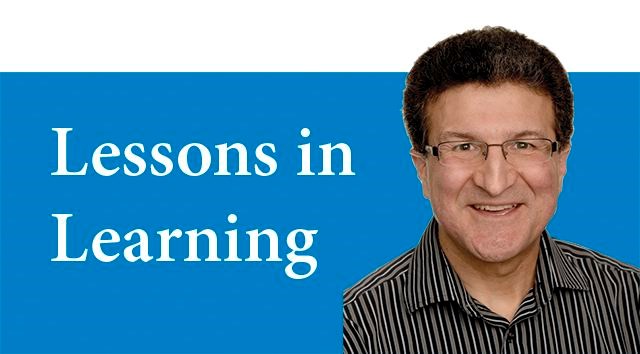The ancient Chinese philosopher Lau Tzu said "kindness in words creates confidence. Kindness in thinking creates profoundness. Kindness in giving creates love."
Kindness is indeed a powerful force in the world. Regardless of how talented we may be in our area of expertise, it increases our value.
Former New York Yankees shortstop Derek Jeter is bound for the Baseball Hall of Fame, not only for his ability as a player but for his cordiality toward others. Opponents comment on how he would typically walk up to rookies who had just made it to second base and say, quietly and inconspicuously, "Nice hit, kid."
To those new in their role as major league players, this meant the world. It also set a precedent. If one of the greatest in the game could be gracious, why couldn't everyone?
There are tremendous benefits to being kind.
While we may think that those who act this way are more likely to be taken advantage of, research shows that they are actually more effective. Jeter was not only arguably the best player of his generation, others who practice kindness also demonstrate better performance.
Students who regularly volunteer, for example, have better grades. Companies who gave assistance after the 2004 tsunami saw unexpected rises in their stock prices.
People who are good to others also tend to have better health, better relationships and overall happier lives than those who do not.
Why then would anyone be unkind?
According to social psychologist Nathan Heflick, "insecurity over ourselves drives much of the cruelty in the world." When we feel threatened as individuals, we tend to respond with unkindness. The same can be said for groups of people.
Perhaps this explains the rise of militancy among so-called "social justice warriors." These are people who sincerely want to see positive change in the world but respond with anger to those who have conflicting views, even threatening their right to express their opinions. In a democratic society, this is a dangerous road to travel.
We need to remember that being kind to others does not mean that we agree with what they say or what they do. It means that we are confident in who we are and are not threatened. It means that we understand the big picture.
Dr. Martin Luther King Jr. said "the arc of the moral universe is long, but it bends toward justice."
When we comprehend this truth, we know that we can stand firmly for what we believe is right and yet listen to the views of those who do not agree with us. We are aware that the outcome of respectful dialogue will "bend toward justice."
On an individual level it is the same.
As a teacher, I know that the first ingredient in an effective classroom is a positive relationship with my students.
People need to feel safe in order to learn. Effective routines, rules and logical consequences are essential in establishing this environment, but so is kindness.
The way that I treat others not only helps them to feel secure, it establishes a precedent, much like Jeter's presence on a baseball field, and it allows for learning to take place.
When we know that we are loved unconditionally we have the confidence to try, like a baby who falls down a thousand times in learning to walk. Confidence rises out of kindness from others, as well as benevolence toward ourselves. This self-assurance also allows us to be kind. It is a beautiful cycle.
There will always be those in the world who feel threatened and who will try to hurt others. Each of us will feel insecure from time to time. Our mistakes, however, do not define us.
We are at our best when we are kind and it is our kindness that moves the world forward in a positive light.
For more of Gerry's writing, go to www.gerrychidiac.com.



